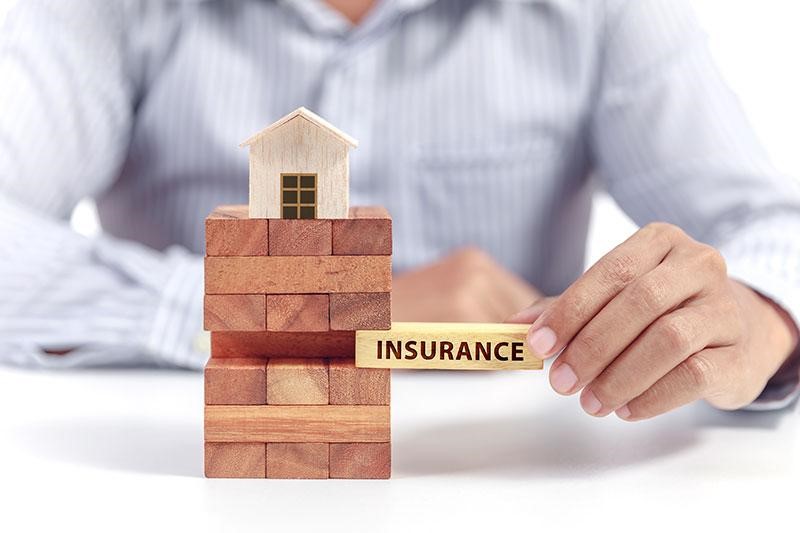Homeowners Insurance: Top Strategies for Shielding Your Home

Homeowners insurance is an important protection for one of your biggest assets—your house. It safeguards investments and financial property against losses or risks due to damage, theft, and liability. Below are some tips that can help you avoid or get the right insurance coverage that you need for your property.
1. Understand Your Policy
Begin with the initial step of reviewing all the details of the homeowner’s insurance policy carefully. Always know what is included and what is excluded. Typical policies cover:
● Dwelling Coverage: Covers your home structure from disasters such as fire, hail, and wind.
● Personal Property Coverage: Protects household property and other property such as computers, fridges, clothes, etc.
● Liability Protection: Covers medical expenses of the third party when they get injured on your property and you are legally liable to pay for their treatment costs.
● Additional Living Expenses: Provides lodging expenses if your primary residence is rendered uninhabitable by a loss that is covered under the plan.
2. Compare Replacement Cost vs. Actual Cash Value
When choosing coverage for your home and belongings, consider whether your policy is based on replacement cost or actual cash value.
● Replacement Cost: Provides a benefit that pays for the demolition and rebuilding or repair of your home and compensation of losses of personal property without reduction for depreciation.
● Actual Cash Value: Pays for the house to be reconstructed or repaired and also for the replacement of personal property, but with a reduction based on depreciation.
While replacement cost coverage is more costly than actual cash value coverage, it is more advantageous as it offers more protection.
3. Maintain an Inventory
Maintain an updated list of your assets. This can be quite useful, especially when dealing with a claim. If possible, add photos and descriptions as well as the receipts. Keep this information in a safe place, preferably in cloud storage with enhanced security features.
4. Consider Additional Coverage
Many of the standard homeowner's insurance policies may not include all the risks that a homeowner might encounter. Consider adding endorsements or riders for extra protection, such as:
● Flood Insurance: Floods are usually not included in standard policies. Flood insurance may also be necessary if you reside in a flood zone; it can be purchased separately.
● Earthquake Insurance: This is another type of disaster whose costs are not compensated by ordinary insurance policies. If you reside in an area that is vulnerable to this type of natural disaster, you might benefit from this coverage option.
● High-Value Items: If you have valuable items such as jewelry, art, electronics, etc., you should look for extra coverage above the limits of your policy.
5. Conduct a Periodic Review and Revision of Your Policy
It is advised to go through your homeowner's insurance policy on an annual basis or when changes are being made to your home or new valuable property is acquired. It is always important to check the limits of coverage in the current value of your home and the things in it.
6. Improve Home Security
Securing your home is the best way to protect your house and possessions, and it may even make your insurance costs drop. Consider:
● Installing Smoke Detectors and Alarm Systems: These may help to mitigate the risks of fire breakages and theft incidents.
● Upgrading Locks and Doors: Burglars cannot breach premises with enhanced locks and doors.
● Maintaining Your Home: This will help to eliminate losses due to wear and tear and consequently reduce the need for insurance claims.
Conclusion
It is crucial to purchase the policy to provide adequate coverage for the home and abstain from financial hazards. With proper knowledge of your policy, assessing coverage, managing possessions, exploring extra cover, policy revisits, and enhancing security, your home and things are well shielded. Following these measures will help you sleep well knowing that you are ready to handle any kind of emergency that may occur.


